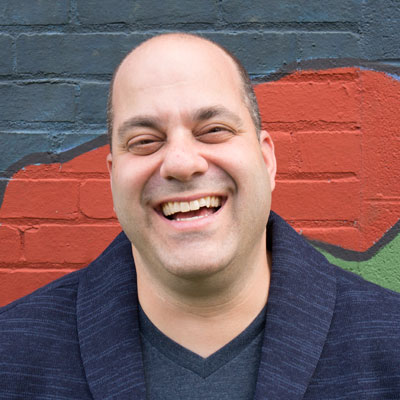
Trauma and PTSD
Trauma is defined as an adverse experience in life that affects us in substantial ways and that often challenges our sense of safety and security in our individual worlds or the world in general (or both). Trauma is that thing that makes us feel uneasy in situations and we can’t quite understand why. It is the result of fear or doubt that has built up in us and, even when we try, we have a hard time getting close to others or regulating our moods.
Examples of trauma include, but are not limited to, witnessing or being in an accident, witnessing or experiencing interpersonal violence, war related trauma, childhood abuse, sexual abuse, sexual assault, domestic violence, natural disasters, terrorist attacks, experiencing racism, homophobia, or the tragic/sudden death of a loved one. Other forms of trauma and trauma history include personal experience or indirect experience with drug and alcohol issues, divorce, incarceration, mental health conditions and suicidal thoughts, and chronic health conditions.
Trauma
There are many types of trauma. In the broadest terms, trauma is anything that diminishes our sense of safety and security in this world. Trauma can be defined as a psychological and/or emotional response to an event or an experience that is deeply distressing or disturbing. When loosely applied, this trauma definition can refer to something upsetting, such as being involved in an accident, having an illness or injury, loss of a loved one, or going through a divorce.
Posttraumatic Stress Disorder (PTSD)
PTSD can develop after we have been exposed to a terrifying event or have been through an ordeal in which intense physical harm occurred or was threatened. When we suffer PTSD, we might have persistent and frightening thoughts, memories of our ordeal, and difficulty adjusting and coping. Symptoms can vary over time and vary from person to person and may not appear until months or years after the event. With time and good self-care, we usually get better.
Complex Trauma
Complex trauma is the result of exposure to multiple traumatic events, things that have happened repeatedly, often of an invasive, interpersonal nature. This type of trauma often occurs within a particular time frame or within a specific relationship, and often in a specific setting. Examples include events that are severe and pervasive such as abuse or neglect, and carry wide-ranging, long-term effects.
Simple, or acute trauma, refers to one traumatic event that is definable, such as an assault.
Childhood Trauma
The National Institute of Mental Health (USA) defines childhood trauma as: “The experience of an event by a child that is emotionally painful or distressful, which often results in lasting mental and physical effects.”
Childhood trauma can occur when a child witnesses or experiences overwhelming negative experiences in childhood. Many childhood experiences can overwhelm a child. This can happen in relationships (e.g., abuse, neglect, violence). This is called interpersonal trauma. Children can also experience traumatic events. These include accidents, natural disasters, war and civil unrest, medical procedures, or the sudden loss of a parent/caregiver.

Trauma Therapy Treatment
Trauma Therapy is unique to the individual who experiences any trauma. Because trust and safety are compromised in trauma, some of the best-known means to getting back to a feeling of relative “normal” are done through use of humor, gratitude, and mindfulness-based activities. The therapy is adapted to address a variety of symptoms and there are a number of therapy modalities that exist to help clients. These include:
Cognitive Behavioral Therapy (CBT) teaches us to become more aware of our thoughts and feelings about the trauma and gives positive coping skills to help us better respond to emotional triggers and reduce reactivity and impulsive behavior based on poor coping. A specific form of therapy that targets trauma is known as Trauma-Focused CBT (TF-CBT).
Eye Movement Desensitization and Reprocessing (EMDR) Therapy is a phased, focused approach to treating traumatic and other symptoms by reconnecting us in a safe and measured way to the images, self-thoughts, emotions, and body sensations associated with the trauma. This allows for the natural healing powers of the brain to move toward adaptive resolution.
Dialectical Behavior Therapy (DBT) is a specific type of talk therapy that uses a cognitive behavioral approach that emphasizes the psychosocial aspects of treatment. In other words, the focus is on talking about problem-solving, quality of life, decreasing post-traumatic stress responses, and helping to enhance our own self-respect and self-image. We work together to learn ways to move forward through mindfulness, interpersonal effectiveness (how we interact with others), distress tolerance (how we survive crises in the moment), and emotion regulation.
Exposure (or In Vivo Exposure) Therapy is a form of CBT that is used to reduce the fear associated with the emotional triggers caused by the trauma.


